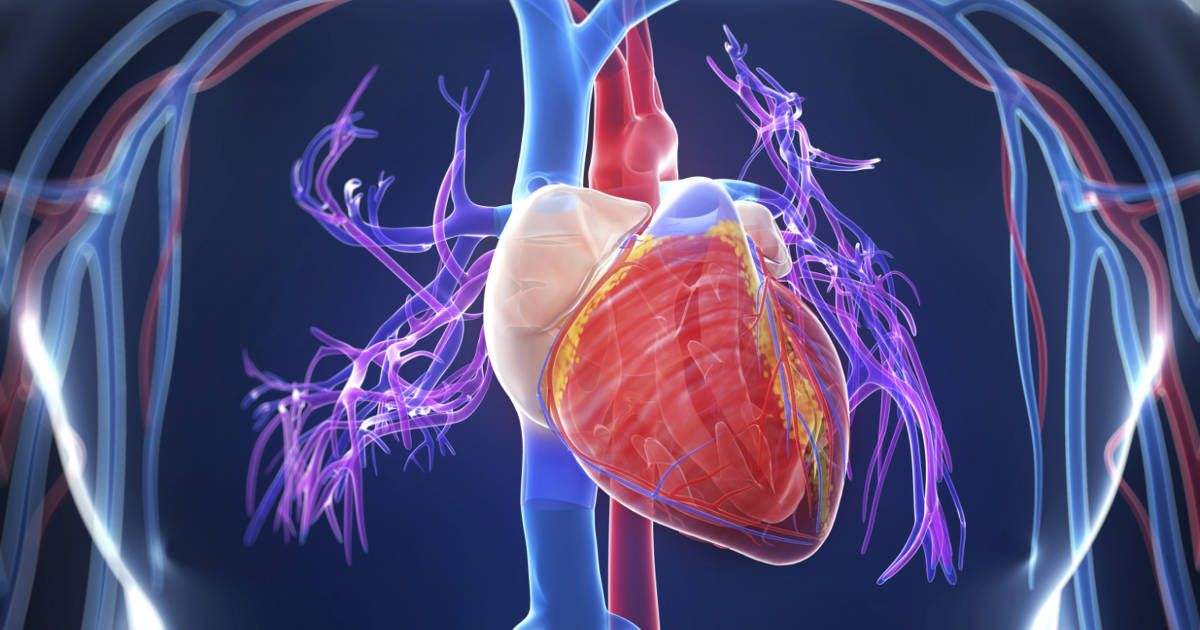Heart Diseases Everyone Needs To Know About
Numerous types of heart disease exist, but many exhibit similar or the exact same symptoms. Some of the major types of heart disease include coronary artery disease, heart attack, arrhythmia, atrial fibrillation, heart valve disease, heart failure, and congenital heart disease. Keep reading to learn the facts about the different types of heart disease an individual can develop within their lifetime.
Coronary Artery Disease

The primary symptom of coronary artery disease is chest pain or angina pain. Many patients describe angina pain as a feeling of heaviness, discomfort, pressure, aching, squeezing or burning in the chest, and can be mistaken for a heart attack. Angina also frequently masquerades as heartburn. These uncomfortable feelings may also occur in the jaw, back, neck or throat. The symptoms of coronary artery disease also include difficulty breathing, heart palpitations or a faster heartbeat, sweating, nausea, and weakness.
Next, discover the warning signs of myocardial infarction, or a heart attack.
